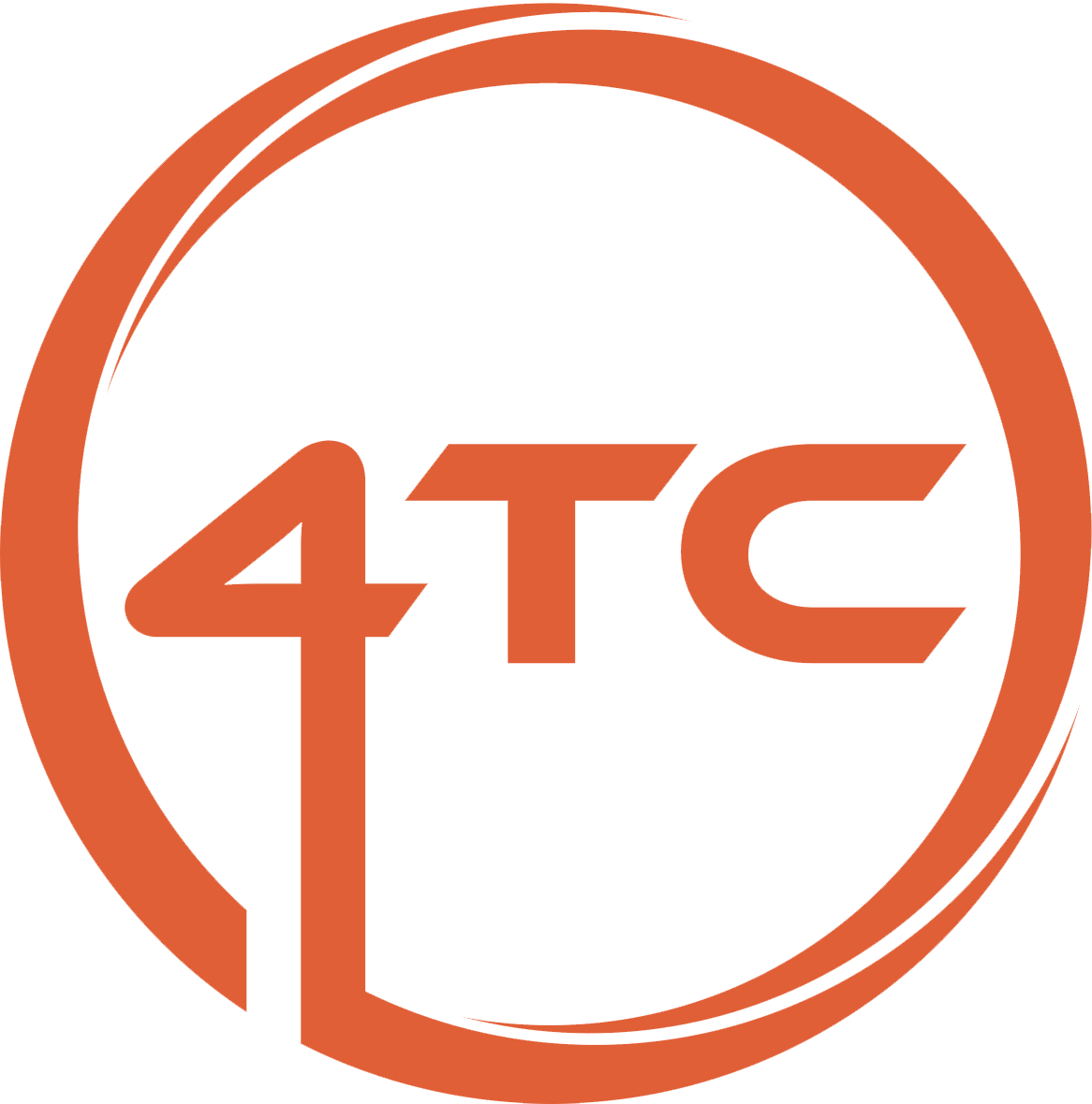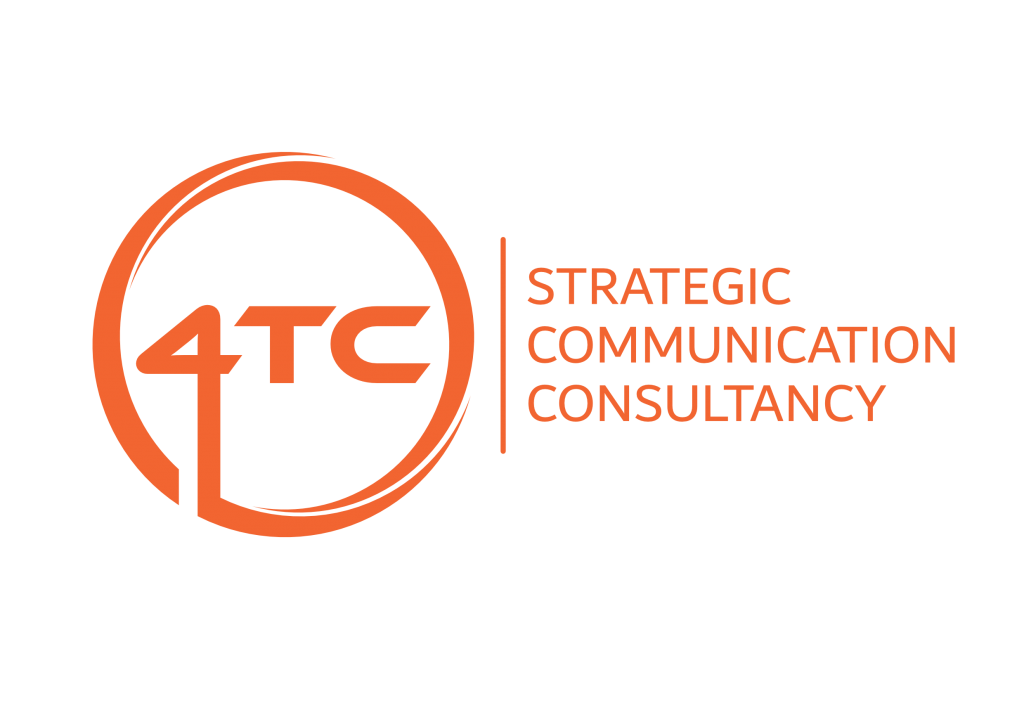get real - thinking about authenticity
Authenticity is a serious buzzword. You can hardly move in communication – and marketing – without someone going all authentic on you. Authenticity has a significant impact on reputation and propensity of stakeholders to engage.
Highly prized, is authenticity and much admired, in those who are deemed to have it – but what exactly is it? Let’s do a search and see. Right.
- It is, apparently, ‘the quality of being authentic’
- It is also about “being true to yourself, maintaining strict coherence between what you feel and what you say and do, (and) making value-based choices”
- In existentialism, it is “the degree to which a person’s actions are congruent with his or her beliefs and desires, despite external pressures to conformity”
Really, it seems to be all about being what you are, and when you’re being what you are, going about it in the right way. But – quite clearly – authenticity is open to interpretation.
It seems safe enough – however – to say that the impression of authenticity is conveyed and built through communication.
It also seems obvious that if a brand (or business or organisation) communicates inauthentically, then it will be perceived to be inauthentic.
So the question for today is – what makes authentic communication (and what doesn’t)?
The definitions we work with are listed below – and we’d welcome your thoughts.
Authenticity means representing something as it actually is. Without embellishing it, without altering the way it looks and feels, without pretending (or attempting to make others believe) that it is something different.
Authenticity also means talking to the right people. Reaching them through the right channels and in the right language. It means expecting feedback and engaging with it when it is offered.
Authenticity is assessing the situation and planning to deal with it. Being transparent in response, being able to admit fault and to apologise.
Authenticity is bringing your team with you. Showing them what the organisation stands for, keeping them informed, walking the walk as well as talking the talk and listening to what they have to say.
Authenticity is not use of language to create a false impression. It is not inconsistency in communication. It is not greenwashing. It is not avoidance. It is not being unprepared. Authenticity is not fixing gingerbread panels to the outside of your factory and calling it a ‘cottage’.
Agree? Disagree? Use the comments, or talk to us directly at info@4tc.ie





